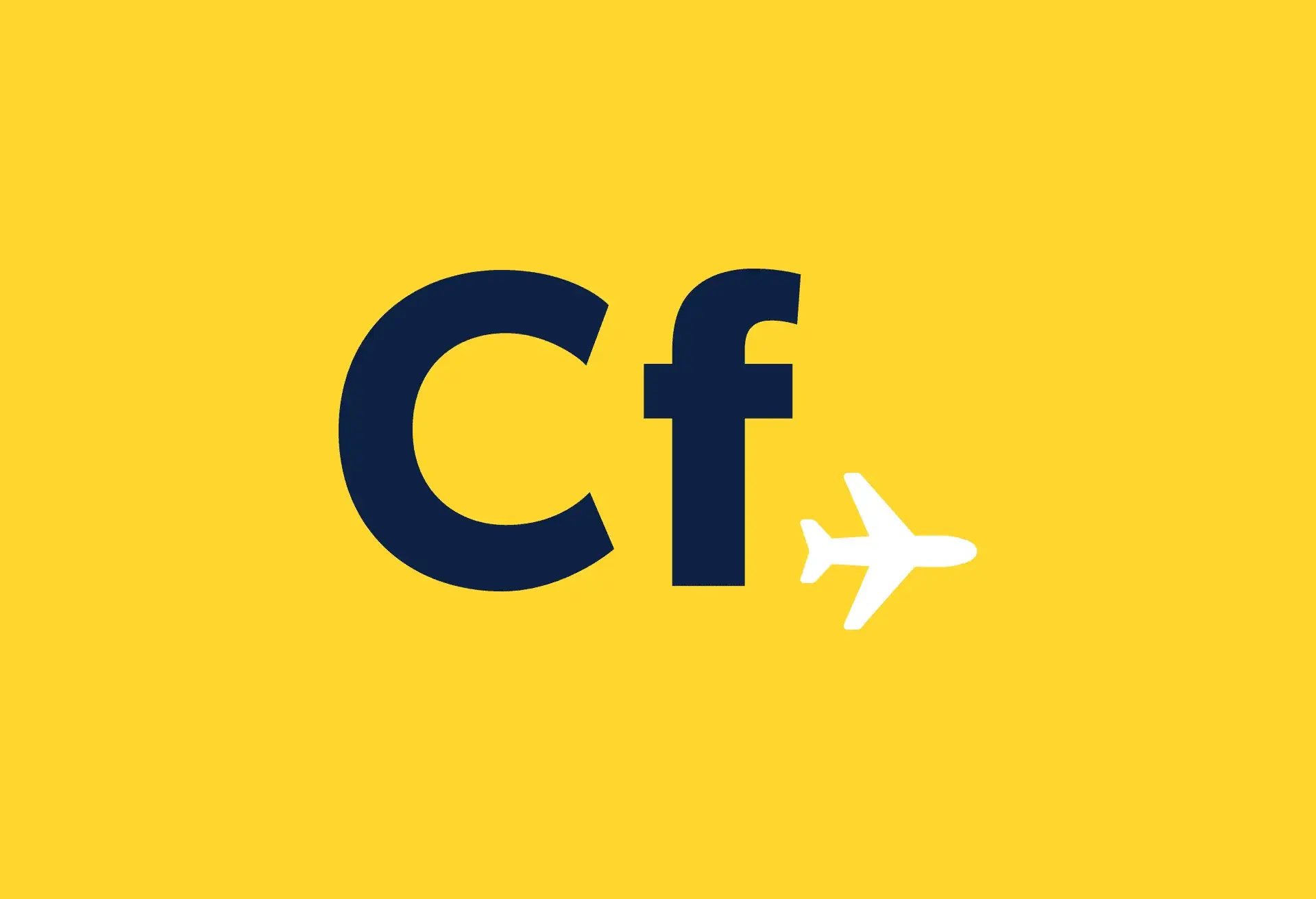The media is full of predictions for higher air fares, particularly in Europe.
In his recent farewell speech, Giovanni Bisignani, the charismatic, outgoing Director General and CEO of the airline industry body IATA, lays the blame squarely on revenue raising taxation by three EU governments in particular: the UK with the £2.8 billion Air Passenger Duty; Germany with a $1.3 billion departure tax; Austria with a similar $119 million tax.
He also singles out the EU’s unilateral legislation to include global aviation in its mandatory Carbon Trading Scheme (CTS) in 2012. This is despite the fact that the ICAO (International Civil Aviation Organisation) is brokering a global CTS for aviation which has the support of more than 120 countries.
The unilateral EU scheme will add about US$1.5 billion annual costs to airlines operating in European airspace whatever their country of origin. What’s more, when the EU CTS comes in, unlike Germany, the UK government shows no sign of repealing or reducing APD and is even likely to raise APD yet again later this year – adding further upward pressure on UK fares and delivering a double blow to UK consumers and also deterring inbound tourism. Bisignani called the UK Government “Tax Bandits”.
He added: “Taxing aviation does not pay. The Dutch repealed a $412 million departure tax because it cost their economy $1.6 billion. And the Irish plan to cancel their $165 million Travel Tax because it cost $594 million and 3,000 jobs. The lesson for governments is simple: don’t kill the goose that lays golden eggs.”
Bisignani also referred to the spectre of higher oil prices which spiked at US£125 per barrel earlier this year. Uncertainty caused by OPEC’s disunity at its June meeting and decision not to raise production has caused a month-high $118 price at the time of writing in June.
As a result of the rising cost of jet fuel, airlines have already introduced fuel surcharges which can add as much as £250 to a fare for a two-way long-haul flight of more than nine hours. While surcharges are not apparently affecting business travel which is enjoying predicted growth of 6 per cent this year, leisure travel has reacted by declining 3 to 4 per cent in the past five months due to taxes and oil prices.
Oil prices at $110 per barrel allow airlines to just about make a profit – anything above puts upward pressure on fares. Hence even at the traditionally very narrow margins of aviation (just 1 per cent at present) means that, globally, aviation is predicted to make US$4 billion. This is against US$18 billion in 2010.
Should demand for oil increase with a general world economic recovery and OPEC fail to reach accord about increasing production, it is inevitable that fares will suffer upward pressure due to the industry’s wafer-thin operating margins.
One “wild card” is the outcome of the current international opposition to the EU CTS. US airlines are challenging its legality in Luxembourg; and China has weighed in behind the US with threats of economic retaliation. Russia and India are also lining up against the EU.
The threat of a trade war and the denial of landing rights on certain routes may halt, temporarily at least, Brussels’ attempted tax grab against global aviation.
It makes much more sense for the EU to endorse the ICAO’s global scheme, but then as we all know to our cost, common sense and politics are not necessarily natural follow travellers…
By John Barrington-Carver
(Image: markhillary)


